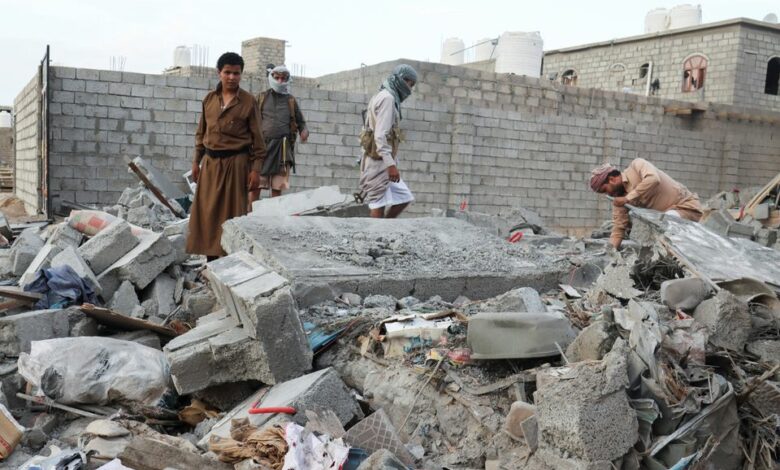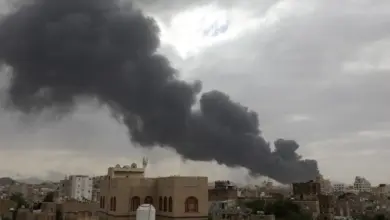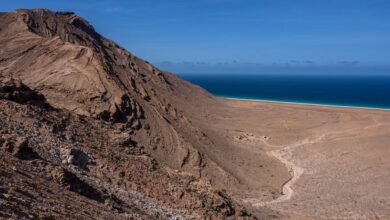
DUBAI, Oct 14 (Reuters) – Hundreds of Yemenis are trapped by fierce fighting between government and Houthi forces in the northern Marib governorate, residents and a local official said, after battles for control of the gas-rich region displaced some 10,000 people last month.
The internationally recognised government backed by a Saudi-led coalition declared southern Marib a military zone on Tuesday after gains there by the Iran-aligned Houthi movement, which has also advanced on the Shabwa region in south Yemen. read more
A U.N. report on Wednesday cited unconfirmed initial information that six civilians were killed last month in Shabwa, which has oil fields and Yemen’s sole liquefied natural gas terminal. It said nine civilians had been killed in south Marib over September and October.
Marib is the last northern stronghold of the government that was ousted by the Houthis from the capital Sanaa in late 2014, prompting the coalition to intervene months later, only to be mired in years of military stalemate.
U.N.-led efforts to engineer a nationwide ceasefire have stalled as Saudi Arabia and the Houthis both resist compromise to end more than six years of a war that has caused what the United Nations calls the world’s largest humanitarian crisis.
The United Nations said nearly 10,000 people were displaced in Marib governorate last month alone, with over 4,200 fleeing the southern districts of Harib, al-Jubah and Rahabah.
A fourth district, al-Abdiyah, has been under siege since Sept. 23, hindering movement of civilians and impeding humanitarian aid flows, including medical supplies, said the U.N. Office for the Coordination of Humanitarian Affairs (OCHA).
Houthi forces have held positions 18 km (10 miles) west of Marib and are trying to advance elsewhere to encircle the city, which hosts hundreds of thousands of internally displaced people.
The conflict, seen in the Middle East as a proxy war between Saudi Arabia and Iran, has killed tens of thousands of people and left 80% of Yemen’s population needing humanitarian aid.
Reporting by Mohammed Ghobari and Yemen team; writing by Ghaida Ghantous; editing by Mark Heinrich



